A Journey Through Jazz History
In the gritty yet vibrant streets of late 19th and early 20th century New Orleans, a revolution in music was taking shape.
Birthed from the soulful melodies of the blues and the energetic sounds of ragtime, jazz emerged as a uniquely American art form and is undoubtedly one of the oldest forms of popular American music. It should be known that without the creation of jazz music, genres such as funk, pop, rock, disco, country, hip hop, and R&B probably would not exist. That is because all of these forms have been in some way influenced by the sounds of jazz.
All That Jazz
Influenced by the African rhythms of Congo Square merging with the harmonies of Eurocentric classical music, jazz developed in the inner-city streets of New Orleans. One of the main areas of the inception of jazz music was Storyville, which was known as the city's red light district. Notorious for bars, booze, and prostitution, you couldn't possibly have an area of such debauchery in the musical city of New Orleans without music being involved. The upbeat sounds of jazz were a perfect pairing for this environment.
By the dawn of the 1920s, jazz had become the most popular form of music. The decade would become known as the "Jazz Age," a term made famous by F. Scott Fitzgerald from his 1922 short story collection, Tales of the Jazz Age.
Today, jazz is still a popular and well respected genre across the globe. From New Orleans to New York and all the way to Japan, the timeless sounds of jazz are still making waves—waves that would have never been possible without the founders and pioneers who created it.
The Pioneers
Being that the inception of jazz was a collaborative effort, it's hard to tell who first created the American born genre. What is known as a fact is that jazz evolved over time through a combination of various musical talents.
Here are a few, mostly local, key figures who played significant roles in shaping the early stages of jazz.
Buddy Bolden
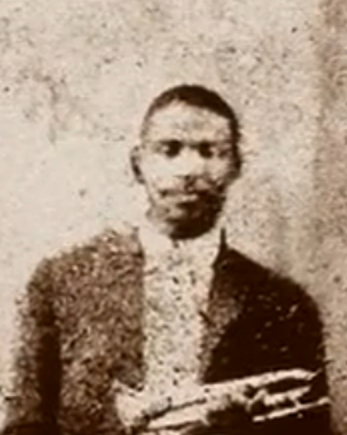
Often regarded as one of the earliest jazz musicians, Buddy Bolden was a cornet player from New Orleans. He is remembered for his powerful improvisations and energetic performances, which helped lay the groundwork for the improvisational aspect of jazz.
Jelly Roll Morton
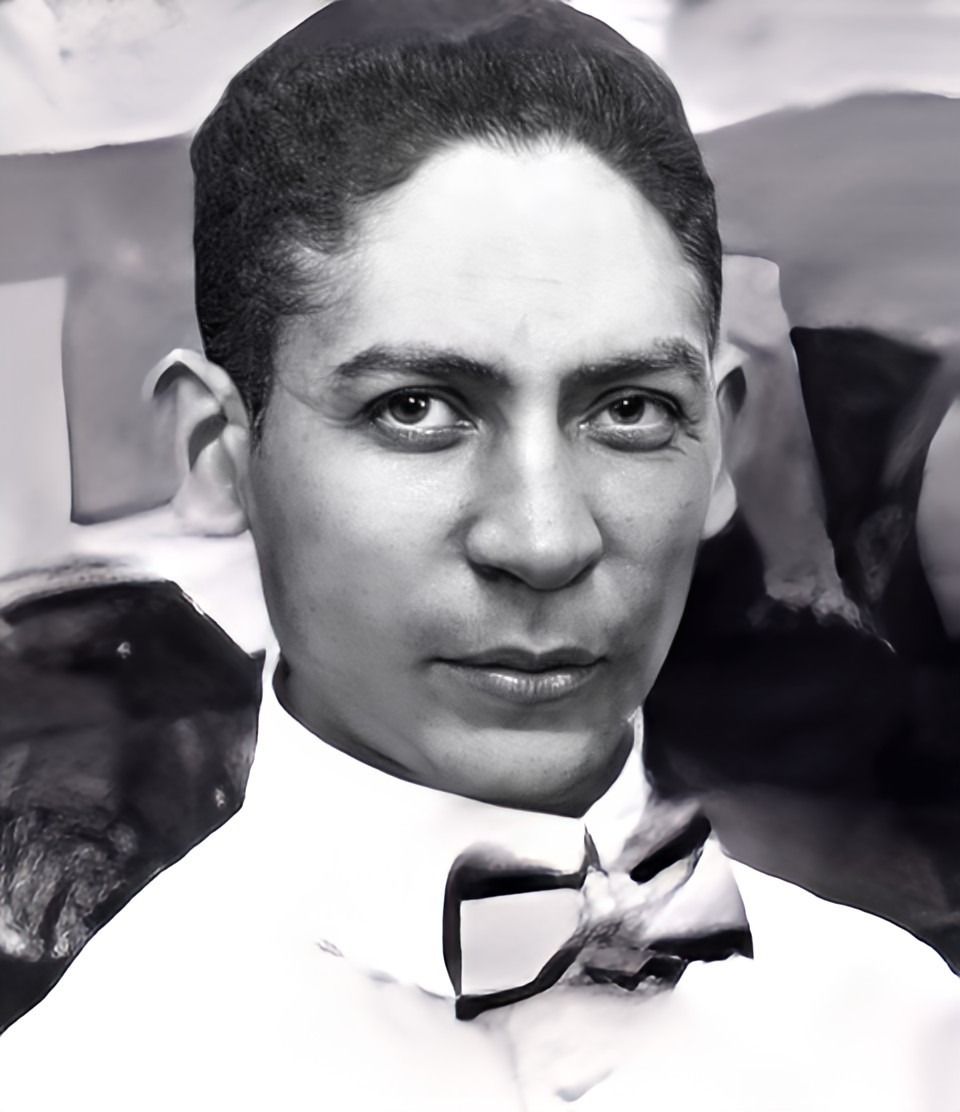
Very talented yet never modest about it, Jelly Roll Morton was a pianist, bandleader, and composer who was instrumental in popularizing jazz in the early 20th century. He is known for his pioneering use of ensemble arrangements and for his recordings, which captured the essence of early jazz.
Nick LaRocca
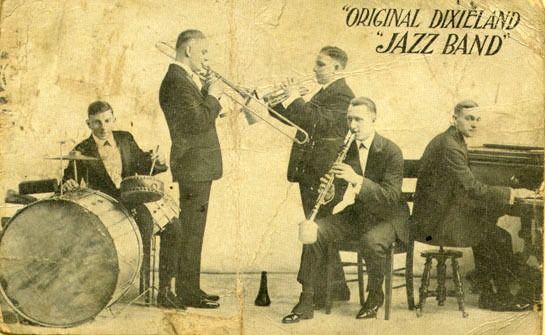
Nick LaRocca was the leader of the influential group the Original Dixieland Jazz Band, which rose to prominence in the early 20th century. Born in New Orleans, he played a pivotal role in the band's success, serving as its primary spokesperson and contributing to its early hits in 1917. Despite controversies surrounding his claims of being the sole inventor of jazz, LaRocca's contributions to early jazz history remain significant.
Louis Armstrong
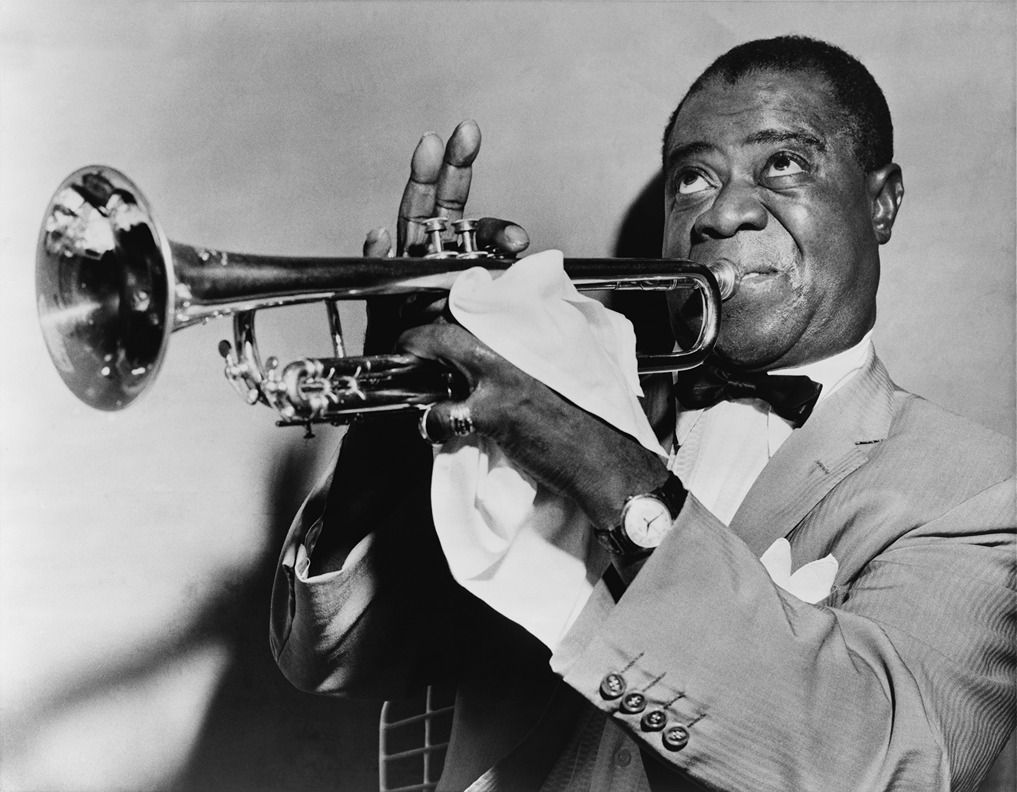
Widely considered one of the most influential figures in jazz history, Louis Armstrong revolutionized jazz through his virtuosic trumpet playing, charismatic stage presence, and innovative improvisations. His recordings from the 1920s and 1930s helped define the sound of jazz during that era.
Joe "King" Oliver
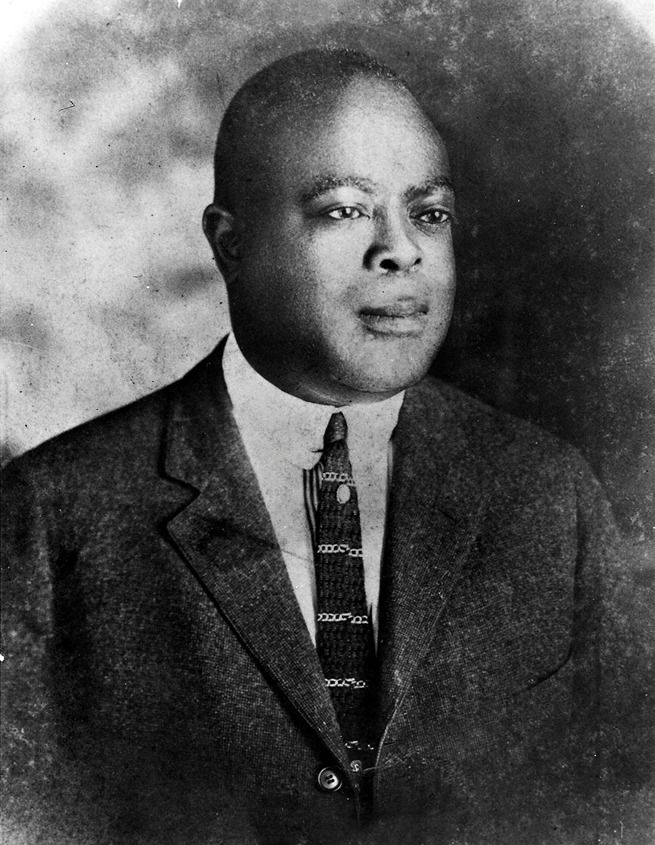
A pioneering jazz cornetist and bandleader, Joe Oliver played a significant role in the early development of jazz, particularly in New Orleans and Chicago. His powerful and expressive playing helped shape the sound of early jazz. King Oliver's Creole Jazz Band, formed in the early 1920s, featured talented musicians like Louis Armstrong. Despite being overshadowed by later jazz luminaries, Oliver's contributions to popularizing jazz and influencing future generations of musicians were substantial.
Sidney Bechet
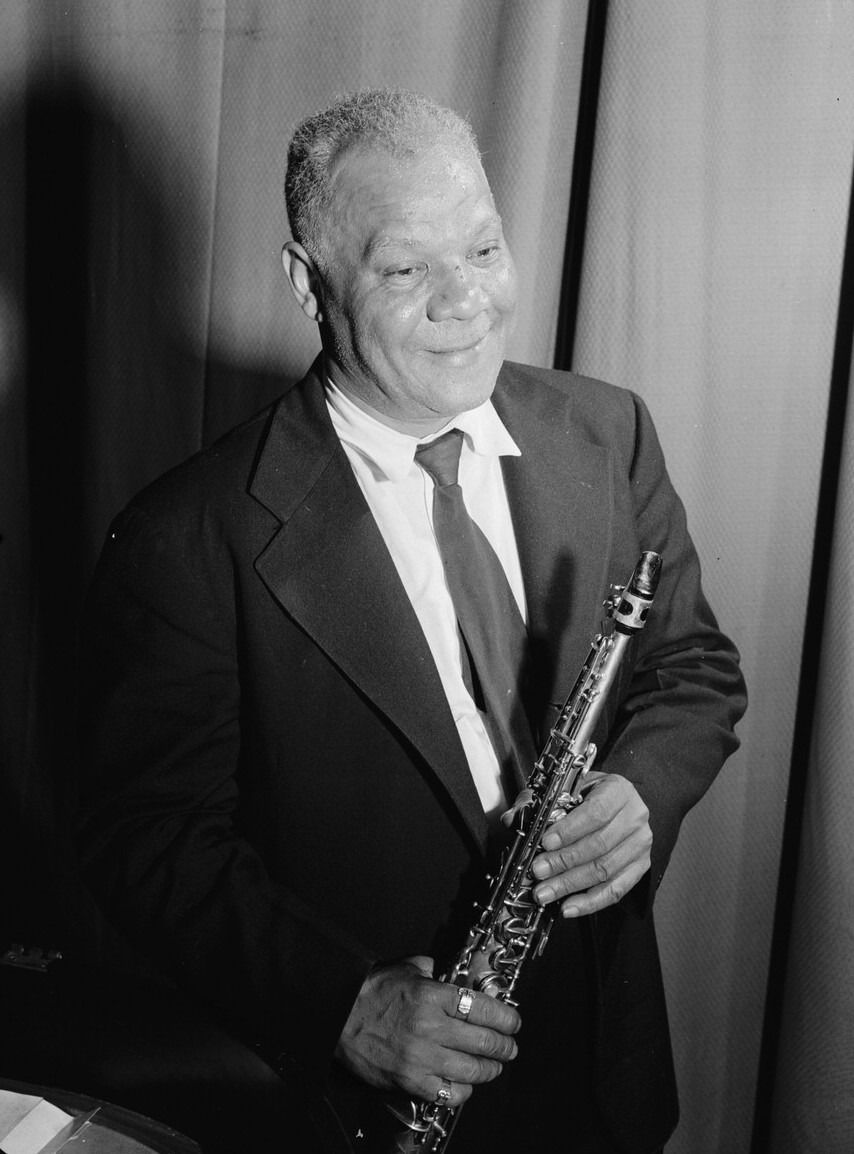
A virtuoso clarinetist and soprano saxophonist, Sidney Bechet was a prominent figure in both the New Orleans and Chicago jazz scenes. He contributed to the development of jazz through his distinctive style, which blended elements of blues, ragtime, and traditional New Orleans music.
Duke Ellington
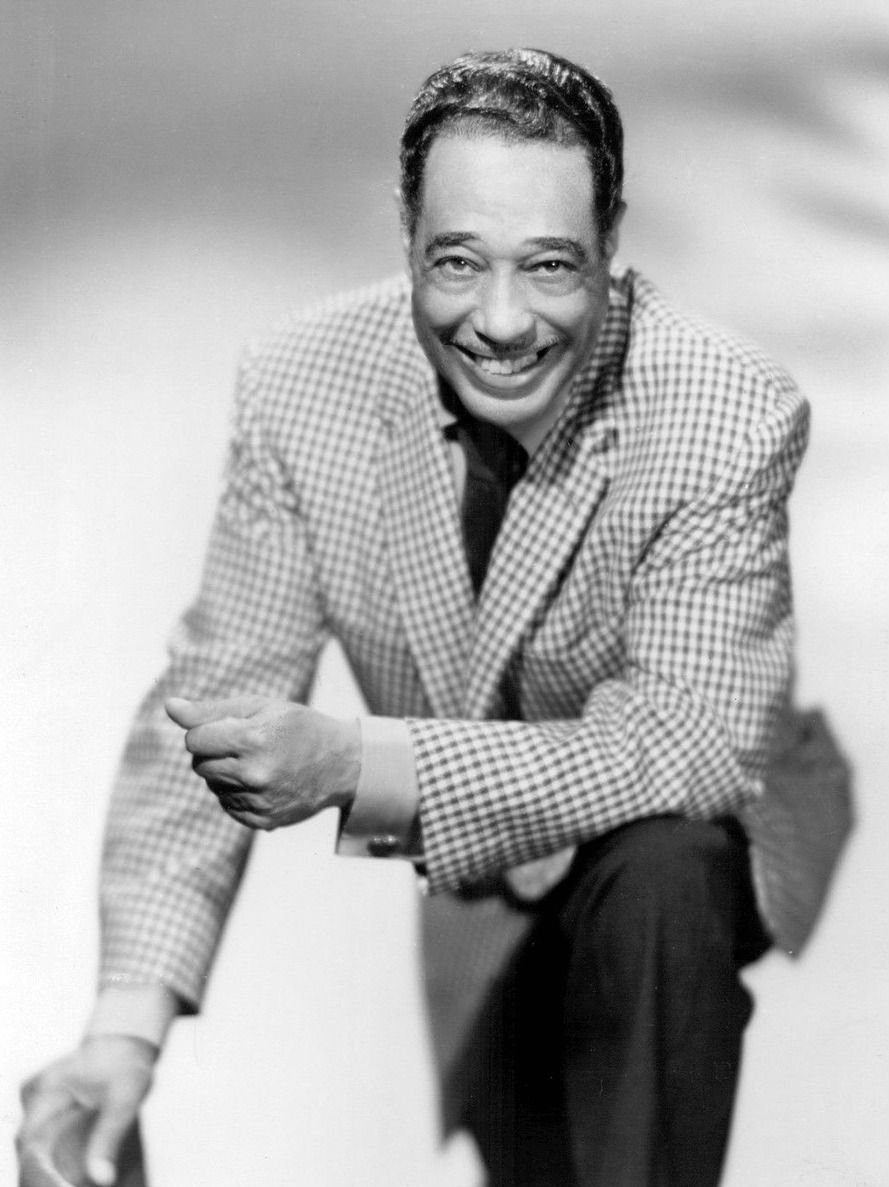
A composer, bandleader, and pianist, Duke Ellington was a central figure in the development of jazz during the swing era. His innovative compositions, such as "Mood Indigo" and "Take the 'A' Train," showcased his unique harmonic language and sophisticated orchestration.
While these musicians fore-fronted the creation of jazz music, there are several other dynamic musicians that played a major role in keeping the genre popular. During the later years, talents such as Billie Holiday, Kid Ory, Dizzy Gillespie, Charlie Parker, John Coltrane, Count Basie, Herbie Handcock, the Marsalis family, and many more played a crucial role in not only influencing the genre of jazz but also in keeping it alive so that it is still played to this very day.
As visionaries and innovators, these pioneers sculpted its sound and spirit. From the improvisational brilliance of Buddy Bolden to the groundbreaking compositions of Duke Ellington, as well as the infectious energy of Louis Armstrong, these founding figures of jazz blazed trails, defying convention and reshaping the musical landscape forever. They brought the world one of the most enduring and influential musical genres in all of history.

